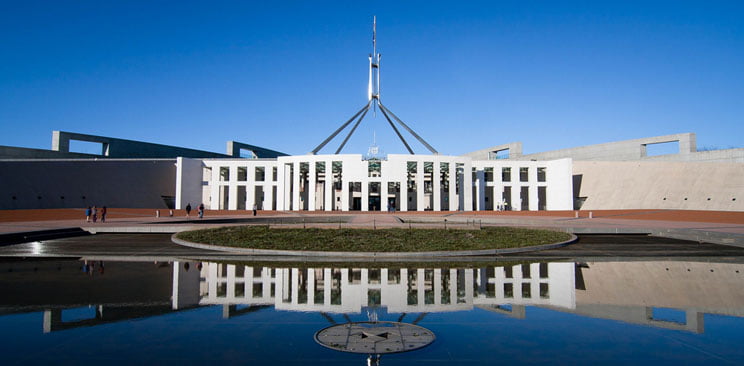The federal budget has brought some relief for retailers through reducing Government debt, but at the undesirable cost of increasing taxes on Australian individuals and businesses, according to the Australian Retailers Association.
ARA Executive Director Russell Zimmerman says budget measures such as strong infrastructure investment and additional skills funding are welcomed by the industry, but the Government has “missed the mark” in focusing its strategy to return to surplus through additional taxation, as opposed to cutting spending.
“A tax, is a tax, is a tax, however you dress it up,” Mr Zimmerman said.
“The Medicare levy increase of 0.5 per cent to fund the NDIS is just a tax hike in another form that will hit consumer pockets hard.”
Mr Zimmerman says the ARA believes the substantial levy on five of the biggest banks, in conjunction with stricter regulation, will go a long way to reduce Australian debt and hopefully stimulate a return to surplus if implemented correctly.
“Our concern with this strategy is that the costs will be passed on by the banks to everyday Australians and small businesses,” he said.
“Without adequate safeguards to protect customers from these forwarded costs, we are cautious that this levy could prove counter-productive for retail growth.”
Mr Zimmerman says the ARA supports the Government’s continued small-business information campaign, which includes introduction of the GST on low-value goods, reducing company tax and extending the $20,000 instant-asset-write-off scheme for a further 12 months.
However, he says the association is disappointed at the delay to the reduction of the low-value threshold and the restricted application of the asset-write-off scheme that excludes businesses whose turnover is above $10 million.
He says the ARA also commends the additional skills funding in the 2017 budget, and he urged the Government to work directly with retailers to address specific skill shortages that affect the core operations of retail businesses.
“Overall, the 2017 federal budget is a step in the right direction for reducing Government debt and providing economic conditions conducive to reinvigorating growth in the retail sector,” Mr Zimmerman said.
Australia Food & Grocery Council Acting CEO Dr Geoffrey Annison welcomed the range of budget measures aimed at stimulating employment growth and boosting investment in vital infrastructure.
“The Government is taking action to achieve a surplus by 2020/21, reducing the uncertainty for business that undermines the confidence and investment essential to underpin jobs and growth,” he said. “However, we urge the Government to maintain a fiscally responsible approach to public finances, as opposed to increasing taxes to reach this surplus.
“The Government investment in infrastructure will be a significant boost in stimulating growth and confidence in the food-and-grocery and agribusiness sectors.”
“For the food-and-grocery and agri-food sectors, which are spread across the length and breadth of the continent, this massive boost in infrastructure planning and delivery is essential for developing supply-chain solutions that create world-leading, efficient channels to market.
“The impact of tough budget measures on the $126 billion food, beverage and grocery manufacturing sector can be ameliorated through a concerted attack on its high cost base, particularly in energy-market and regulatory reform.
“Government can offset the impact of tax increases on confidence and demand by aggressively targeting existing cost challenges that are in the form of excessive regulations.
“The Government’s ongoing commitment to regulatory reform through the $300 million National Partnership on Regulatory Reform is another important element to improve business conditions by reducing unnecessary restrictions on competition.
“Getting costs down to improve competitiveness is urgent, and regulatory costs and energy costs are two areas where we simply have to break free of the shackles we impose upon ourselves.”





